Picking rugby's winners and losers of 2022 in eight bold predictions

The New Year is upon us, meaning a new year of rugby action from across the globe is set to get underway with added intrigue surrounding this year’s slew of matches given the World Cup is due to kick-off next year.
However, there is plenty of water to pass under the bridge of the rugby fraternity before then, so here’s a gaze into our crystal ball to make some predictions about how 2022 will pan out.
France will win the Six Nations

I’m not exactly going out on a limb with this one to start us off considering how well-documented France’s rugby renaissance has been since the 2019 World Cup.
In addition to their impressive performances in Europe in recent times, victory over the All Blacks in November has, in the eyes of many, cemented the status of Les Bleus as serious contenders to claim their first World Cup title in their own backyard.
So, to say France will win the Six Nations may not be the boldest of claims, but, for all the plaudits Fabien Galthie’s men have received, they are remarkably still yet to win any tournaments in this current World Cup cycle.
France’s second-place finish in the 2020 Six Nations was impressive given how mediocre they were for such a long time prior to that, and they followed that up with a strong showing in the Autumn Nations Cup.
However, the vastly inexperienced Frenchmen were denied the title in a dramatic extra-time defeat to England at Twickenham, and then failed to win the 2021 Six Nations title from pole position after falling short at the hands of Scotland at the final hurdle.
A second-string team then couldn’t quite get over the line against a full-strength Wallabies side in July, although their win over the All Blacks mean they have some silverware stowed away in the form of the Dave Gallagher Trophy.
That won’t have quenched France’s thirst for more success, though, and with a youthful playing contingent spearheaded by none other than Antoine Dupont, Les Bleus look primed to end their 12-year Six Nations title drought.
Blues will win Super Rugby Pacific

It will take a herculean effort to prevent the Crusaders from claiming yet another trophy with Scott Robertson at the helm and Richie Mo’unga running the cutter.
However, the Blues have the personnel to do just that. Take a scan across their playing roster and you’ll find the Auckland-based franchise are the only team in the competition to match the Crusaders for depth and quality across the board.
Their backline, for instance, could feature four All Blacks (Beauden Barrett, Rieko Ioane, Caleb Clarke and Finlay Christie), former NRL star Roger Tuivasa-Sheck and a slew of promising youngsters headlined by prodigious fullback Zarn Sullivan.
The forward pack, meanwhile, is comprised of a propping cohort of four All Blacks (Nepo Laulala, Ofa Tuungafasi, Karl Tu’inukuafe and Alex Hodgman) and a loose forward contingent of three All Blacks (Akira Ioane, Dalton Papalii and Hoskins Sotutu), as well as highly-touted rookie Anton Segner.
That’s not even taking into consideration occasional captain and fringe All Blacks prospect Tom Robinson, who may be forced into the second row alongside 2015 World Cup winner Luke Romano in the absence of Japan-bound Patrick Tuipulotu.
In essence, this Blues side oozes class, experience and potential, and it will be as interesting as it will be exciting to see if they can live up to expectation after their title-winning exploits in Super Rugby Trans-Tasman last year.
Australian and Pacific sides will struggle in Super Rugby Pacific

Across the other side of Auckland, Moana Pasifika are expected to struggle in their maiden Super Rugby Pacific season, and it’s easy to understand why when they’ve been tasked with taking on Kiwi teams in their first eight matches in existence.
Keep in mind that these are the Kiwi teams that limited their Australian counterparts to just two wins from 25 matches last year.
Expect to see more dominance from the eastern side of the Tasman this year, with the Reds and Brumbies to be the only Australian teams qualify for the play-offs in a flawed system where eight of the competition’s 12 teams make the knockout stages.
That play-off structure is designed to ensure at least one Australian team will make the post-season, but they will be doing well if any more than two of their teams progress past the round-robin.
In fact, it could be that Moana Pasifika – a team made up of ex-Wallabies, Pacific Island internationals and provincial players from New Zealand – and the Fijian Drua garner most of their first-year success from uninspiring Australian outfits.
Regardless, both of those expansion franchises, as well as the Waratahs, Western Force and Melbourne Rebels, will end up jostling for the eighth-place knockout berth, only to join the Reds and Brumbies in the scrapheap after the quarter-finals.
All Blacks, England, Springboks, Scotland and France will win July series
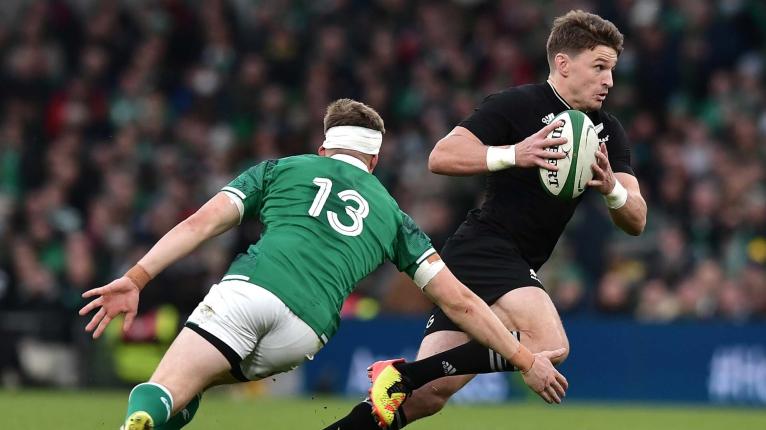
This year’s July test series pits the All Blacks against Ireland in what is arguably the headline act of that test window after the Irish beat the Kiwis in November.
Seeking revenge, Ian Foster’s men should emerge from the three-match series victorious, as they typically do against European opposition at that time of the year.
Don’t expect the visitors to lie down and roll over, though, as they could well pick up a win of their own and push the All Blacks close in the decider.
Elsewhere, England should prove to be too strong for the Wallabies in Australia, as should the Springboks for Wales in South Africa.
Scotland, meanwhile, will win at least two tests against a lowly Los Pumas outfit in their first matches in Argentina since 2019, while France will flex their muscles to sweep the Brave Blossoms in Japan.
All Blacks will retain Rugby Championship and Bledisloe Cup
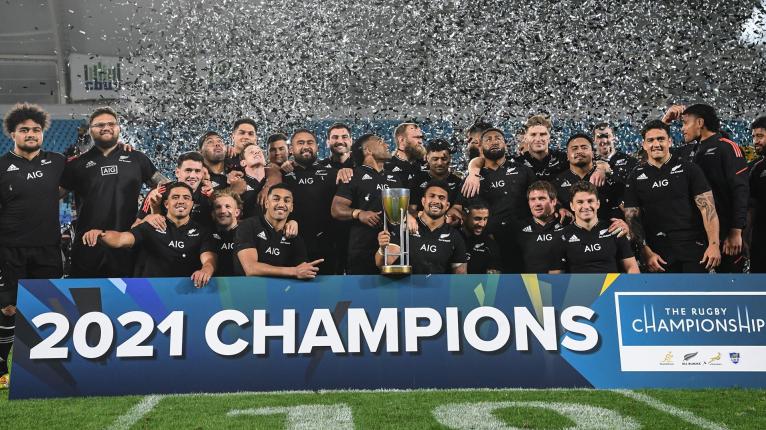
It’s hard to see much changing from this year’s tournament, even if travel between New Zealand, Australia, South Africa and Argentina on a regular basis resumes for the first time since 2019.
The All Blacks will again finish top of the heap and condemn the Wallabies to two decades of Bledisloe Cup drought, with the Australians reliant on the services of Quade Cooper and Samu Kerevi to win that trophy back.
New Zealand won’t achieve that without defeat, though, as their long-awaited return to South Africa will see the Springboks pick up a victory over their old rivals.
That should be enough for the world champions to finish in second place, although a win and a loss against the Wallabies won’t be enough to lure the Mandela Challenge Plate back to the Republic.
Los Pumas, meanwhile, will continue to struggle following the dissolution of the Jaguares as their tired method of cobbling players together from around the world in a short timeframe will see them finish with the wooden spoon again.
England will go unbeaten in November
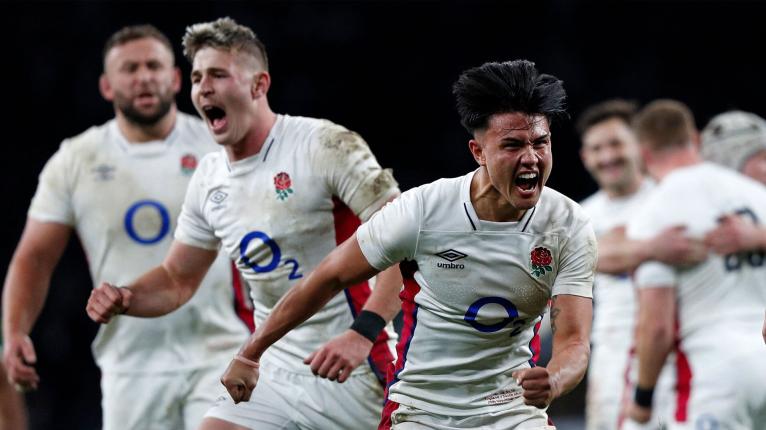
A lot could change between now and the Autumn Nations Series, with, at the time of writing, only England’s fixtures have been locked in.
However, as things currently stand, I’d back England to beat both the All Blacks and Springboks as well as Los Pumas and the Brave Blossoms in 10 months’ time.
Eddie Jones’ troops got the better of South Africa in a titanic tussle during the most recent November series, but the competitive nature of that match shows how things could go either way in London later this year.
The Springboks will make it tougher for England than the All Blacks will, though, but both matches will end with winning margins of seven points or less.
The preceding matches against Argentina and Japan will be more of a formality for the English as they continue to build toards France 2023.
Samoa or Tonga will secure an upset win in July or November

The big story towards the end of last year was World Rugby’s surprise change of its eligibility laws to allow test-capped players to play for a second country they are eligible for via birthright following a three-year stand down period.
In doing so, World Rugby has effectively opened the gate for Samoa and Tonga to access a raft of players who have played for the likes of the All Blacks and Wallabies, many of whom are available to play for those countries immediately.
That means we could see any one of Lima Sopoaga, Steven Luatua, Julian Savea, Ma’a Nonu, Charlie Faumuina, Victor Vito, Christian Lealiifano, Josh Ioane and Jeff Toomaga-Allen turn out for Samoa this year.
Likewise, Tonga could call upon Charles Piutau, Israel Folau, Malakai Fekitoa, Sekope Kepu, Vaea Fifita, Adam Coleman, George Moala, Augustine Pulu, Atu Moli and Sitaleki Timani at various stages throughout the course of the year.
Having access to such talent has the potential to turn both Samoa and Tonga from underachievers to world-beaters in an instant, and we may begin to see both teams reap the rewards of World Rugby’s rule change this year.
It’s yet to be seen what fixtures either country will play in the July and November test windows, and only time will tell if said players will be able to play for their second nations amid Covid uncertainty, but it would be tough to rule either team out of victory if they are at full-strength.
England will win the World Cup
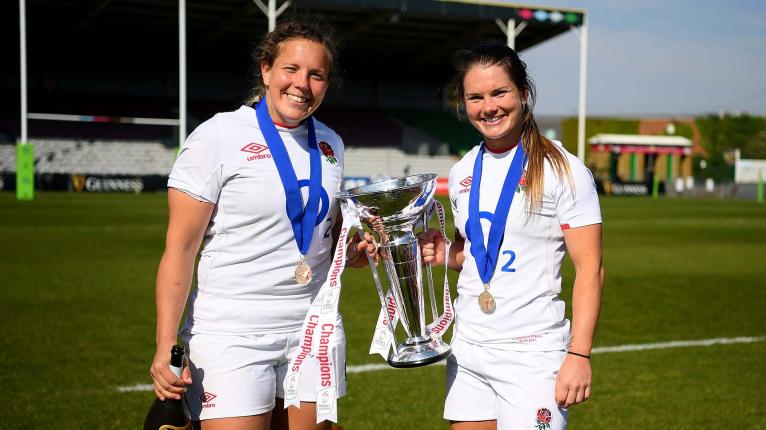
The women’s edition of rugby’s global showpiece will finally take place in New Zealand this year after being delayed by 12 months.
Since the tournament was pushed back, England have emerged as easily the best team on the planet after they claimed yet another Women’s Six Nations title and dismantled the world champion Black Ferns with such conviction in November.
So good were the English that their head coach, Simon Middleton, became the first coach of a women’s side to win World Rugby Coach of the Year last month.
No team looks better placed to win the World Cup, which kicks-off in October, than the English, who could end up playing France in the final after they followed the lead of their northern rivals and thumped the Black Ferns in stunning fashion late last year.









































































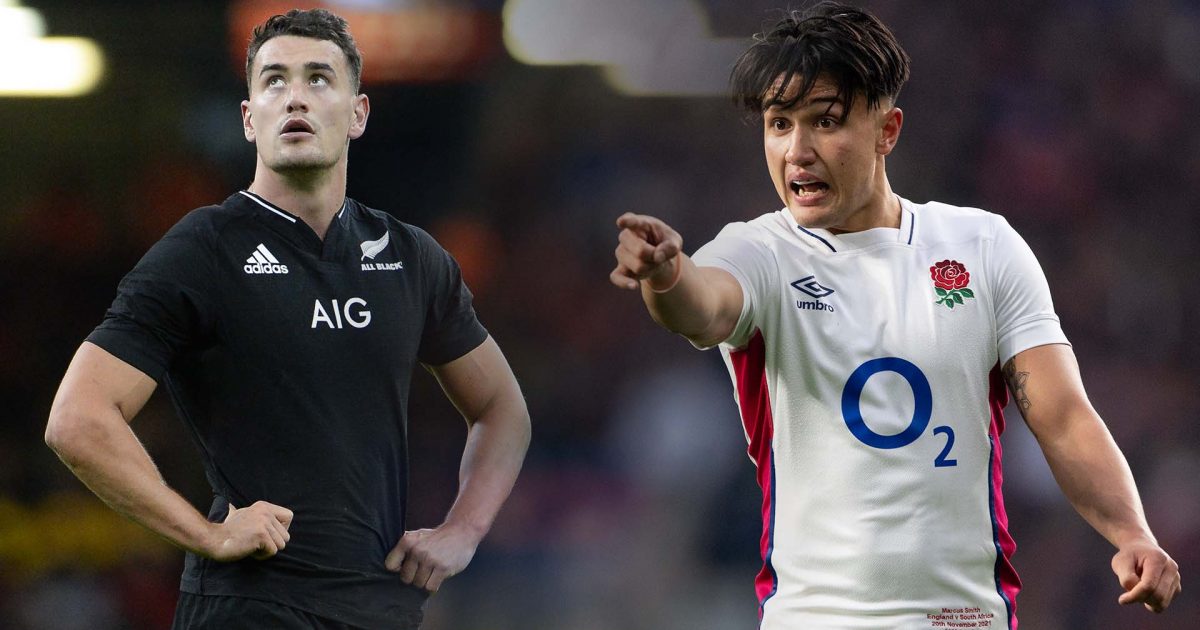

After losing to Boks, Ireland and France (think record defeat), that's an ambitious forecast for ABs particularly when you consider they had more player development during C19
We don't subscribe to the Rugby Pass to see this crap advertising, ESPECIALLY in the Comments section!! Please, Rugby Pass, edit these idiots out of here!!
at least 2 of those predictions are wrong - and they both involve england